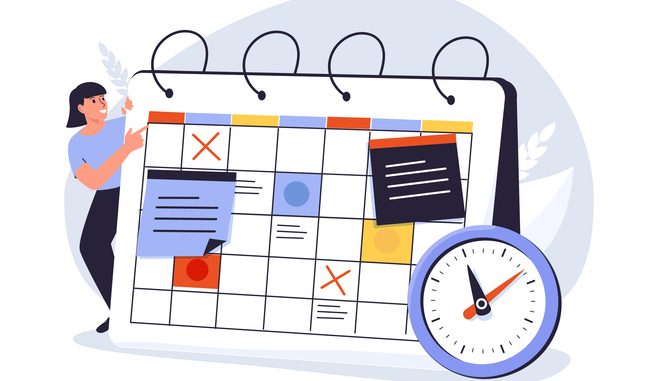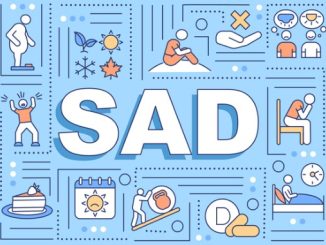
Discover the power of workplace rituals! If the idea of daily routines at work seems daunting, you’re not alone. But reconsidering your perspective could lead to significant benefits
CREDIT: This is an edited version of an article that originally appeared on Harvard Business Review
If the idea of having to follow daily rituals at work makes you cringe, you’re not alone! It may suggest clichéd activities like trust falls. However, reconsidering your attitude towards daily rituals could be beneficial. They can offer numerous advantages for wellbeing, productivity, and team cohesion. These small, everyday activities are often associated with real benefits — from helping us maintain a better work-life balance to getting more out of our teams.
Workday rituals
According to a recent survey, respondents shared their regular workplace rituals, with typical morning routines including prayer, exercise, meditation, and, of course, coffee. The report indicated that people’s use of rituals continued once they arrived at the office. About 63% reported engaging in a ritual before stressful meetings or presentations. The most common themes involved specific types of preparation, such as deep breathing exercises and listening to music.
Researchers at Washington University in St. Louis suggest that these pre-performance rituals help alleviate stress by diverting our focus to something else, giving us less time and space to spiral out of control.
Team cohesion
Although less common, 38% of respondents reported having at least one team ritual. Examples included meditative breathing before meetings, icebreaker games, sharing positive affirmations or success stories, and team lunches to foster better connections among employees. Teams with at least one ritual tend to perceive their work as having more meaning compared to those with no rituals at all.
End of the day rituals
Fifty-nine percent of readers reported having a ritual to conclude their workday, such as shutting down all work-related activity, going for a walk, or taking a shower. Interestingly, respondents who reported having a ritual to start their workday were not necessarily more likely to have a ritual to end their workday. This suggests that some people do not consistently engage in rituals across all aspects of their work routine. Instead, individuals decide where rituals are most beneficial and use them accordingly.
The survey results highlight the usefulness and effectiveness of rituals in fostering better team relationships, establishing boundaries, and achieving work-life balance. Consider adopting similar approaches to start your day on a positive note and to successfully wrap it up. These rituals can also be helpful during stressful times and can transform your team from a collection of individuals into a cohesive and meaningful collective.



Be the first to comment